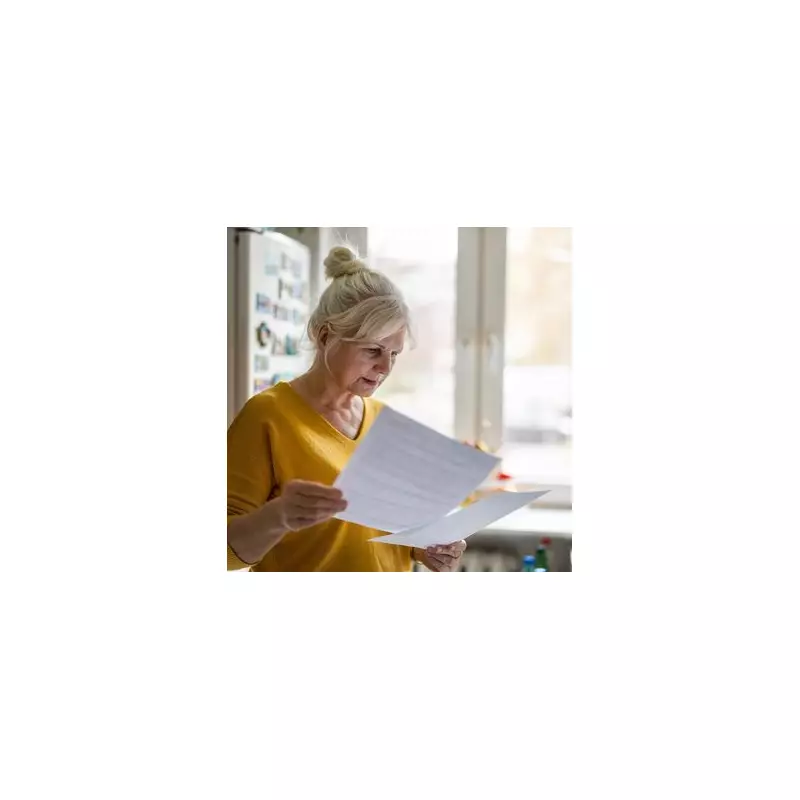
Millions of UK retirees are facing a hidden tax squeeze after the Chancellor confirmed a significant State Pension increase that will push many over the income tax threshold for the first time.
The Triple Lock Boost and Tax Threshold Cliff Edge
The government's triple lock policy has triggered a 4.8% rise in the State Pension, which will take effect from April 2026. This increase will boost the full new State Pension to £12,548 annually, placing pensioners just £22 below the current personal allowance of £12,570.
John Chew, Technical Specialist at Canada Life, highlighted the immediate concern: "The triple lock will trigger a 4.8% rise in the State Pension from April 2026 to £12,548, meaning pensioners will be just £22 away from the income tax cliff edge."
The Stealth Tax Timebomb
With income tax thresholds frozen until 2031, this situation creates a stealth tax that will increasingly impact pensioners. Analysis shows that by April 2027, anyone receiving the full State Pension will cross the income tax threshold, making them liable for tax on income they currently enjoy tax-free.
Current HMRC data reveals about 8.5 million pensioners already pay income tax. Experts warn this number could rise by hundreds of thousands, potentially reaching several million more, as the State Pension increase pushes more retirees above the personal allowance threshold.
Helen Morrissey, Head of Retirement Analysis at Hargreaves Lansdown, explained: "The freeze on income tax thresholds means it is highly likely that the full new State Pension will breach the threshold for basic rate tax in 2027. For those solely reliant on it, this may come as an unexpected shock."
Broader Financial Impact on Retirees
The tax pressure arrives as pensioners already grapple with soaring living costs. The situation is particularly challenging for those with additional income sources. The scheduled 2% increase in dividend tax next April will further impact retirees who supplement their income through investments.
Lucie Spencer, Partner in Financial Planning at Evelyn Partners, provided crucial context about who receives the full pension: "Only one in three (36%, or 4.7 million) pensioners receive the full new state pension. Generally speaking the older you are the more likely it is your state pension will be less than this, and sometimes substantially so."
She added significant concerns about the administrative burden: "What concerns most people is how it will be taxed. If the state pension is your only income and exceeds the Personal Allowance, then HMRC will usually issue a Simple Assessment after the tax year ends. If you have other income not taxed via PAYE, then you may need to complete a self-assessment tax return."
The government has acknowledged the potential administrative challenges and is reportedly exploring ways to ease the burden for retirees whose only income is the State Pension.






